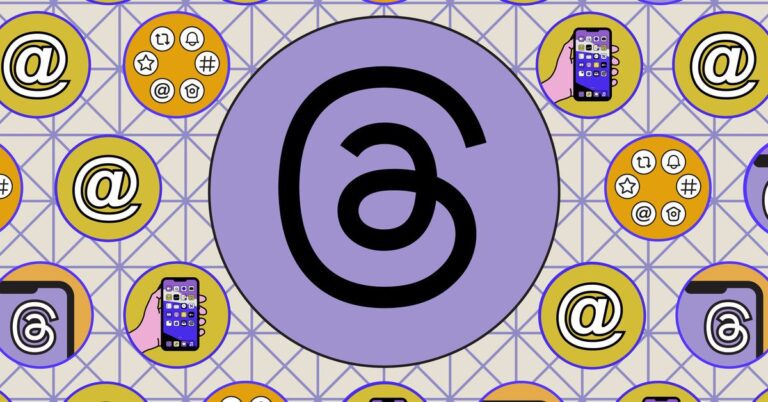
[ad_1]
It looks like the fediverse is opening up. In late March, Meta’s Threads introduced a beta feature that allows users from the US, Canada, or Japan to cross-post and view likes from Mastodon and, presumably, other federated social networks.
If you’re a Threads user from one of these three countries and want to give this beta a try, it’s not difficult. You can do it from the mobile app or the web version:
Once you select Fediverse sharing, you will be moved through a series of explanatory screens that tell you what the fediverse is and how sharing works (you will need a public profile) and warn you that once your post is out in the fediverse, Threads has no control over the rules of the servers it lands on. If you stop sharing, Meta can request that the post be removed from another server, but that’s all — it can’t delete the older posts.
The last screen warns you that:
And that’s it! A brief pop-up tells you “You are now sharing to the fediverse.”
So what does that all mean?
It means, according to Meta, that “your Threads profile can be followed by people using different servers on the fediverse, and eventually, you’ll be able to follow them from Threads.” If you’ve turned your sharing on and you select Fediverse sharing, you’ll be reminded of your user name and told that you can now connect and share with others in the fediverse.
And it’s working! At least at a basic level. I signed into my Mastodon account and did a search for my Threads profile — and found it.
How significant this is depends on how well cross-posting works in the future, how smooth the process becomes, and what kinds of security measures are put into place to prevent bad actors from using it to invade servers that are meant to be safe spaces, among other issues. But this could be the beginning of a much more comprehensive type of social networking.
[ad_2]